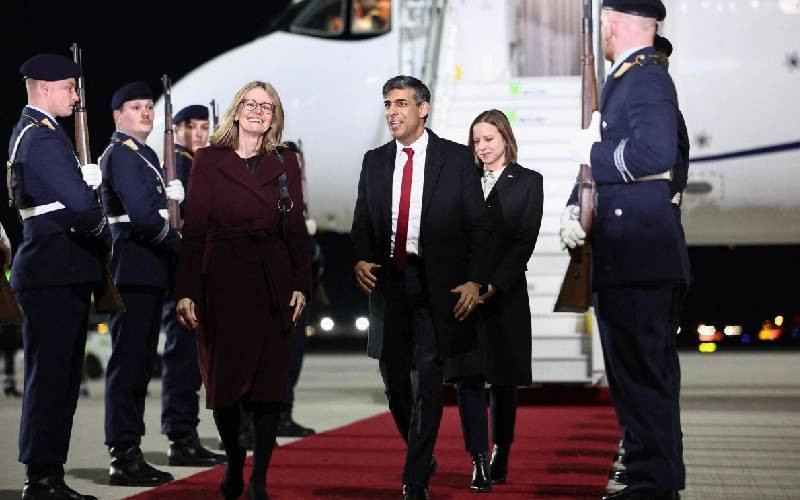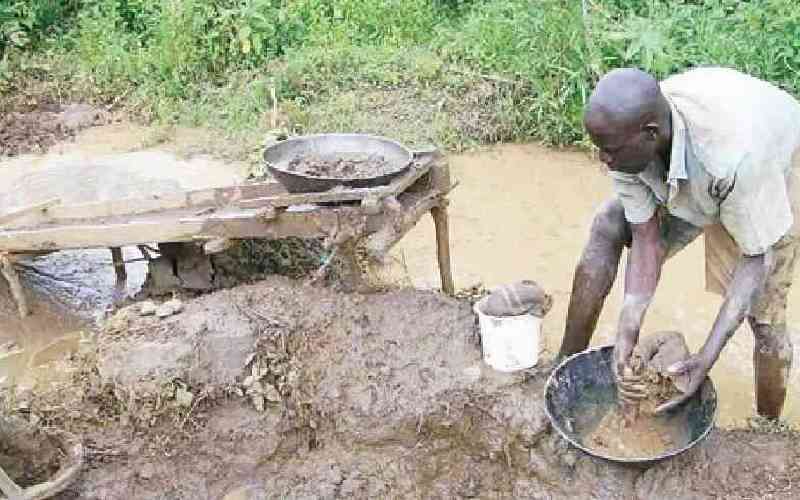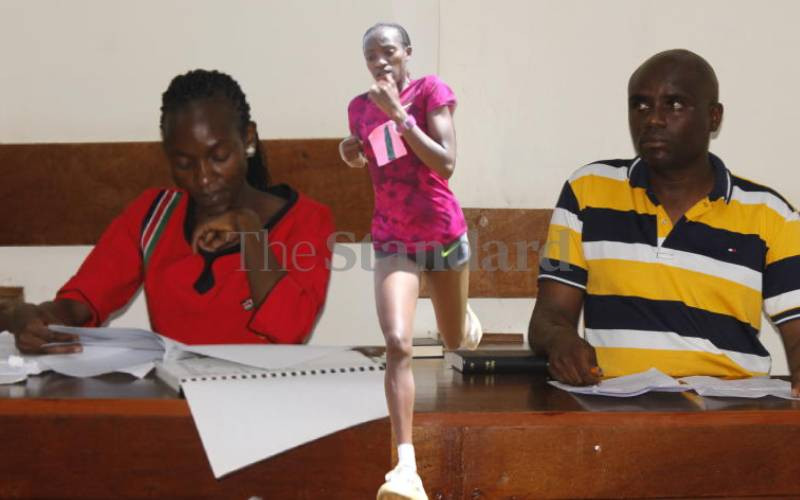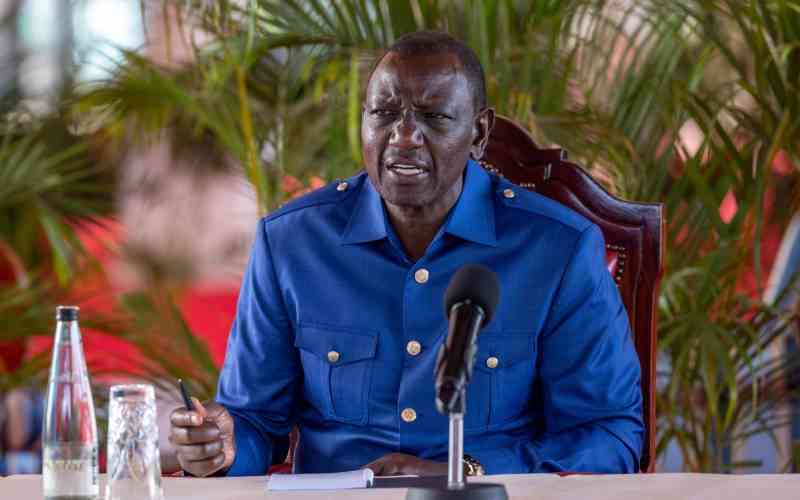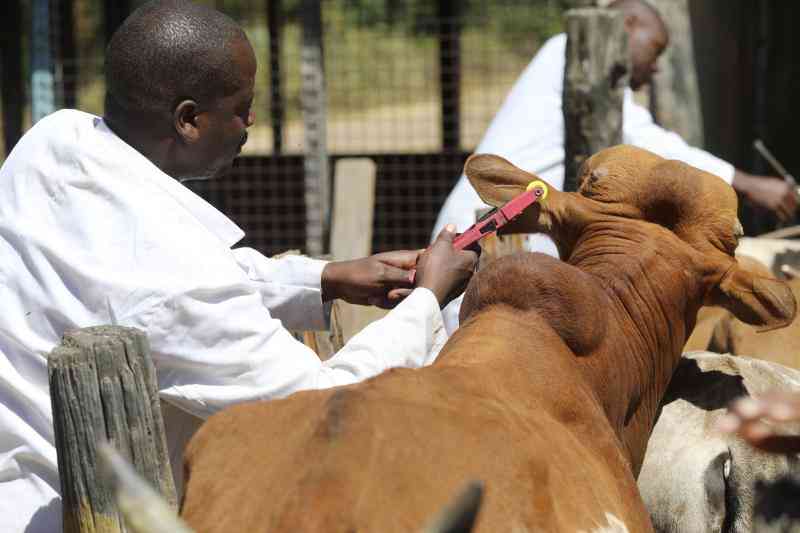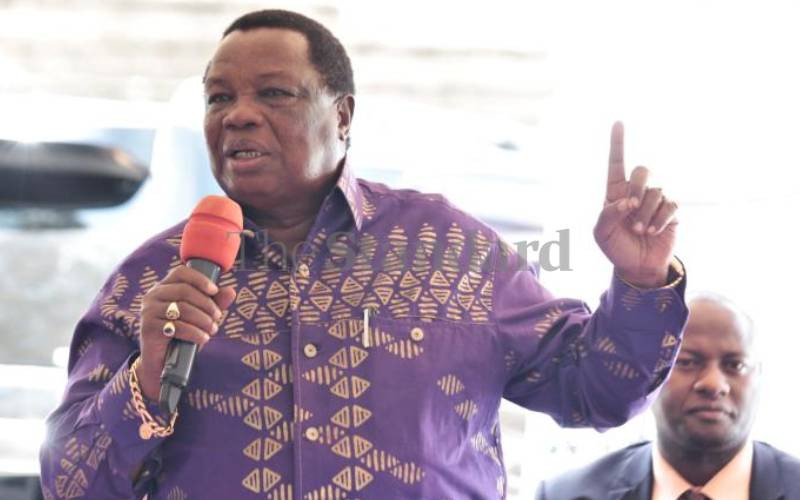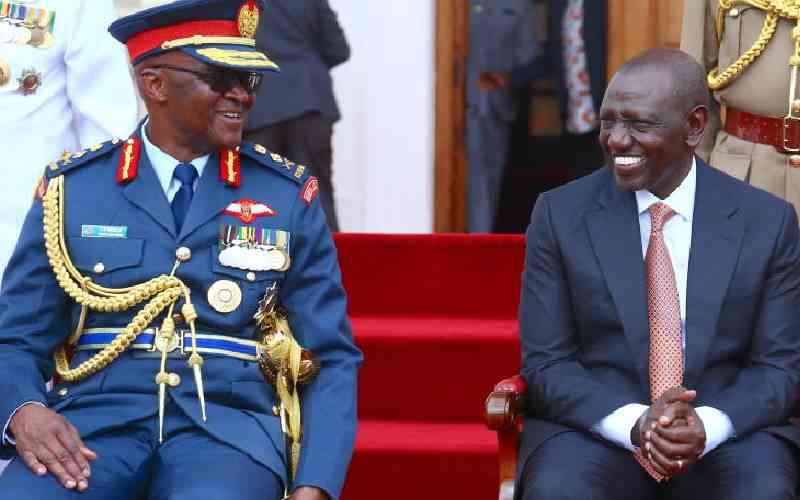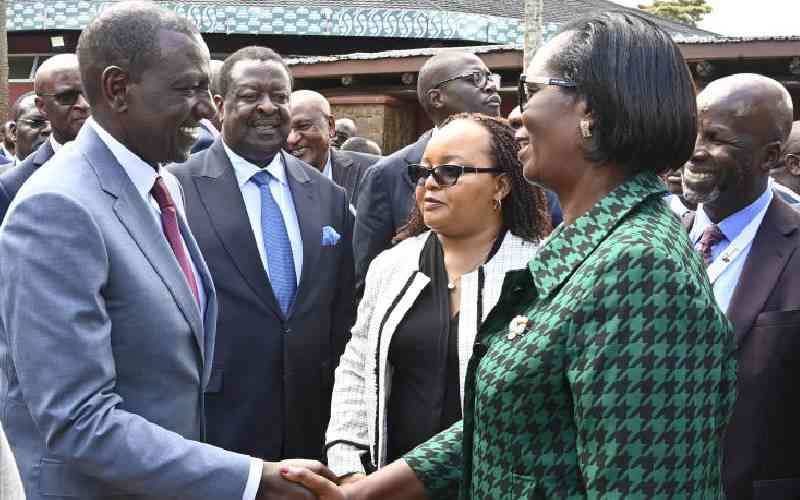By MORRIS ARON
In April 2007, a team of budget experts seated on the fifth floor of Treasury Building made a decision that was to hurt businessmen — and the Government — for years to come. Their aim was simple: To net all the tax evaders and grow tax revenue for the Government and sieve the process through a double-gated checkpoint.
The plan backfired hardly a year into implementation — leading to the tax refund mess that is today.
The technocrats proposed that for any service or goods rendered, VAT was to be paid twice to KRA.
The buyer and the seller of the service or goods had to pay 16 per cent VAT and receive a certificate confirming the same.
With VAT money safe with KRA, it was then up to the businessmen to claim tax refunds after reconciliations were done by KRA.
Speaking in confidence, a highly placed source at KRA official told Business Weekly that everything worked well for a year — then things started going haywire.
“Due to the ineffective filing system at KRA and the heavy paper work that the arrangement required, it later emerged that officials at KRA officers, suppliers, tax auditors and tax agents colluded towards non-payment of tax,” said the source.
According to a number of sources who corroborated the story that has always be a scam under wraps, the syndicate was so vast and so intertwined in as many ways as the filing mess made it possible.
It was also as hard to trace and net the culprits as it was in verifying fake and genuine claims of tax refunds.
The syndicate involved activities mirroring double or non-entry of tax payments, printing of fake certificates and all that would make it impossible for any proper verification.
The scam also included those charged with remitting withholding tax.
According to information available, the bulk of the tax money that could not be ‘accounted for’ was approximately 60 per cent of government expenditure in the financial year 2008/2009.
It is estimated that close to Sh25 billion could not be accounted for from the system as a result of the development.
Uneasy revelations
After KRA woke up to revelations that the system they had relied upon to increase revenue had resulted in the reverse, they hurriedly moved to cap the leaks.
In the process, KRA fired a number of officers seen to have aided the development and put in place information communication technology system to centralise the operations at KRA.
The taxman then decided to seal all loopholes that allowed importers enjoy tax rebates they did not deserve or that lead to any forms of non-compliance to tax payment requirements.
Among the changes included a system to track goods imported through the introduction of an export entry form.
Stay informed. Subscribe to our newsletter
“KRA introduced a C63 form whose details were meant to be entered into a central system to stem any tax evasion,” said the source.
It later emerged that after a 3-6 months stint, the computer system was done away with and so with many records. Apparently, the system was ‘archiving records faster than verifications could be done and complete.
To clear the backlog of VAT tax refunds, KRA actually tried everything in the books with little success.
It would seem that the more KRA tried to contain the situation, the more it got out of hand.
The trouble, insiders say, was that the measures to normalise the situation had to come in concurrently without interrupting the payment of tax on a day-to-day basis leading to delays in tax refunds.
Under the former Finance Minister Uhuru Kenyatta, the taxman came up with a system that rated the compliance of companies applying for tax refunds with those deemed to be most compliant getting the highest priority for VAT refunds.
In addition, a proposal was also made for Treasury to quarterly allocate monies (Sh1.18 billion a month) towards tax refunds.
All appears not to have worked.
As correctly captured on the former Commissioner-General Michael Waweru’s words: “The reason we have been experiencing the delays is because KRA cannot surpass the budget it has allocated for refunds.”
“We will continue to evaluate our operations with an aim of increasing efficiency in tax refunds by addressing administrative challenges in line with our operations strategy,” said Mr Waweru.
While the attempts to make VAT refunds work is still in the doldrums, the business community and tax expert cries are growing louder.
There are reports of cases of tax refund delays, especially those, which have audit queries, taking more than five years to settle.
Several years down the line, which way forward?
Tax experts say non-payment VAT refund has reached crisis level and it is not only hampering economic growth, but it is also making Kenya an un-attractive investment destination.
At a recent meeting that drew together tax experts from some of the renowned consultants, there was consensus that the problem lay with the taxman.
LAW REVIEW
In his Budget Statement read last Thursday, Finance minister Robinson Githae said Treasury had finalised the review of the VAT law to align it to the Constitution by making it simpler and modern, based on international best practice.
“After extensive consultations with key stakeholders, including relevant departmental committee of Parliament, the draft bill was discussed and approved by the Cabinet. I am, therefore, pleased through this Budget, to table the VAT Bill 2012 for debate and approval by this House,” Githae told Parliament.
Auditing firms Deloitte and KPMG including accounting and business advisory firm PKF have petitioned Government to legislate the time frame beyond which KRA should not hold on to tax refunds.
The consultants also proposed the refunds be allowed to attract interest if they are not paid within the stipulated period.
Martin Kisuu, a partner at accounting and business advisory firm PKF, said that if KRA cannot pay refunds on time, then it must pay interest or forgo the next cheque on VAT.
Long wait
“Why do we have to wait for two years to see payment of Sh18 billion in refunds? If you don’t pay on time, then pay interest. If not, don’t expect the next cheque,” said Mr Kisuu
Nikhil Hira, a tax partner with Deloitte proposes that KRA pays interest on outstanding VAT refunds as contained in the proposed VAT bill.
“Companies are facing liquidity constraints and are forced to borrow from banks to carry out their operations,” Hira said.
“The money they could have been using is locked up somewhere at KRA for no fault other than the taxman’s.”
But while the arguments on the workability of a VAT refunds formula simmers, concern is rising as to how exactly does KRA account or hold the tax refunds.
Does the taxman declare the funds as part of revenue or are they held in a separate account? That too is not clear.
 The Standard Group Plc is a
multi-media organization with investments in media platforms spanning newspaper
print operations, television, radio broadcasting, digital and online services. The
Standard Group is recognized as a leading multi-media house in Kenya with a key
influence in matters of national and international interest.
The Standard Group Plc is a
multi-media organization with investments in media platforms spanning newspaper
print operations, television, radio broadcasting, digital and online services. The
Standard Group is recognized as a leading multi-media house in Kenya with a key
influence in matters of national and international interest.
 The Standard Group Plc is a
multi-media organization with investments in media platforms spanning newspaper
print operations, television, radio broadcasting, digital and online services. The
Standard Group is recognized as a leading multi-media house in Kenya with a key
influence in matters of national and international interest.
The Standard Group Plc is a
multi-media organization with investments in media platforms spanning newspaper
print operations, television, radio broadcasting, digital and online services. The
Standard Group is recognized as a leading multi-media house in Kenya with a key
influence in matters of national and international interest.

